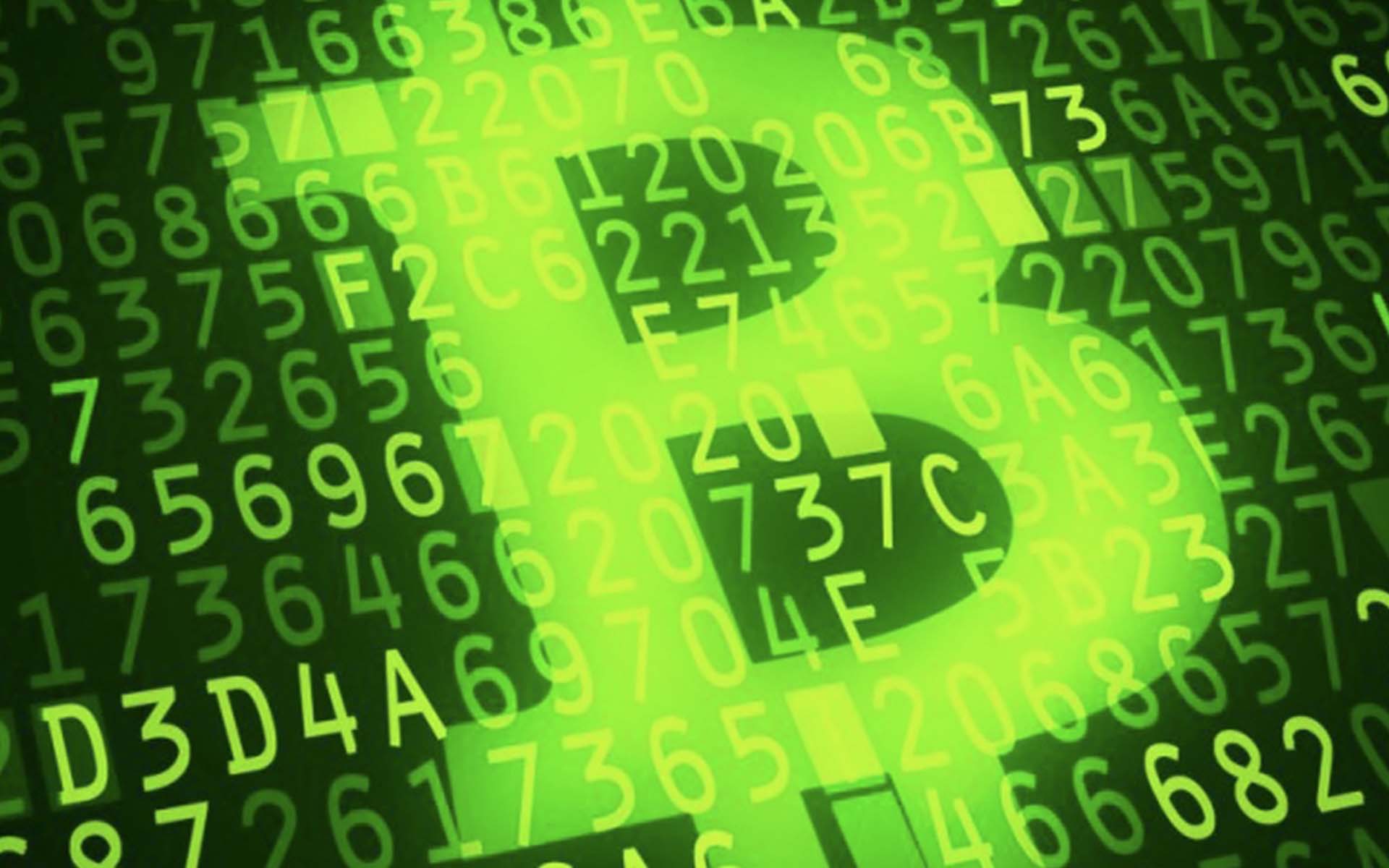Bitcoin Cash has started to gain more acceptance – at least, in the field of ransomware.
Fork Over Your Bitcoin… Cash
Security researcher MalwareHunterTeam has recently discovered a new ransomware called Thanatos.
Typically, ransomware encrypts victims’ files, forcing them to pay a ransom in order to regain access to their computers. However, Thanatos doesn’t actually save the keys to unlock victims’ files anywhere – thus, if you didn’t have enough reason not to pay the criminals, there is literally no reason to fork over your hard-earned cryptocurrency.
Thanatos isn’t only unique for having messed up encryption, however. The ransomware is also special in the fact that – for the first time in ransomware history – the malicious software accepts Bitcoin Cash as a form of ransom payment.
Bitcoin Cash – unaffectionately called “Bcash” or “Btrash” by opponents – is a controversial cryptocurrency which was forked off Bitcoin on August 1, 2017, as a result of disagreements over how to solve the dominant cryptocurrency’s scalability problem. Many Bitcoin supporters see its forked step-brother as little more than an attempt by Roger Ver, Calvin Ayre, and others to co-opt the Bitcoin brand for their own gain.
Less surprisingly, Thanatos also accepts both Bitcoin and Ethereum as a ransom payment.
As an aside, the controversial online index of digital content, entertainment media, and software known as The Pirate Bay also accepts donations in the form of Bitcoin, Ethereum, and Monero — but simply supplies the message “Bcash. LOL” in place of a Bitcoin Cash deposit address.

Protect Yourself from Ransomware
Jokes aside, there is nothing funny about ransomware.
In order to protect yourself from having your files maliciously encrypted, it’s important to both practice safe surfing and take advantage of legitimate security software.
Additionally, having a backup plan is never a bad idea, so make sure your files are all properly backed up and ready to be used in the event a restoration is required.
Furthermore, never open files or attachments if you do not know what they are or who sent them. If the attachment looks sketchy, it probably is – even if you do know who sent it. When in doubt, scan it with a proper virus scanning tool.
Finally, keep your computer and software up to date with the latest security patches, and make sure all of your passwords are both different and tough to crack.
What are your thoughts about Bitcoin Cash gaining acceptance in the ransomware community? Let us know in the comments below!
Images courtesy of Shutterstock
The post Bitcoin Cash Gaining Acceptance in Ransomware Community appeared first on Bitcoinist.com.
Powered by WPeMatico
